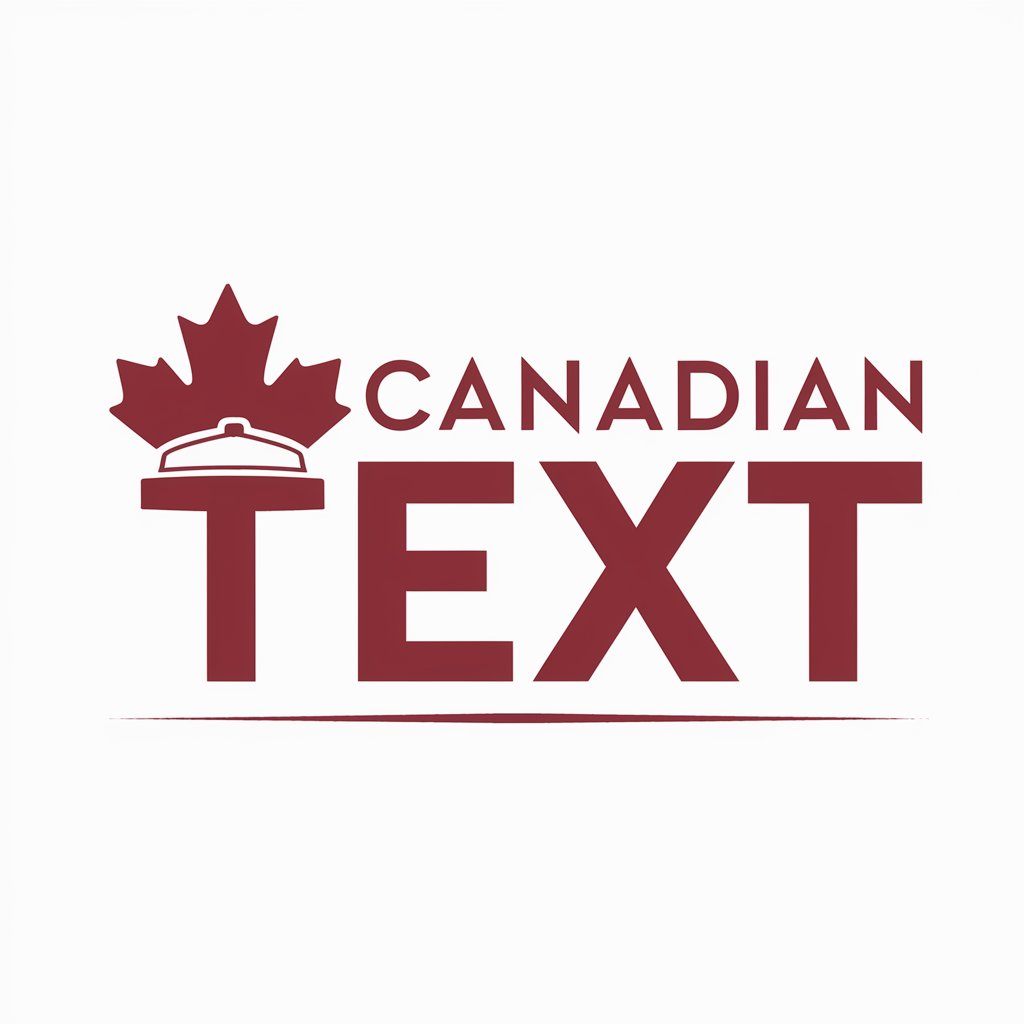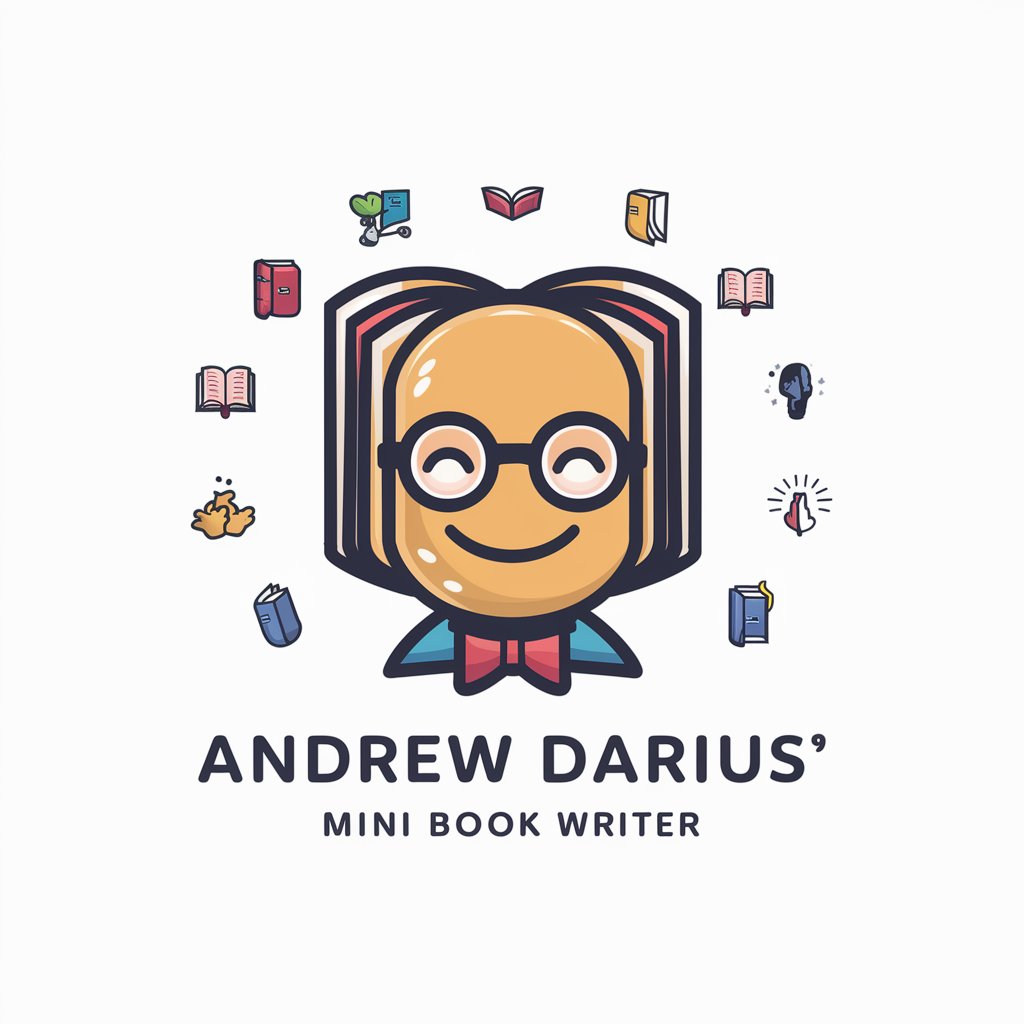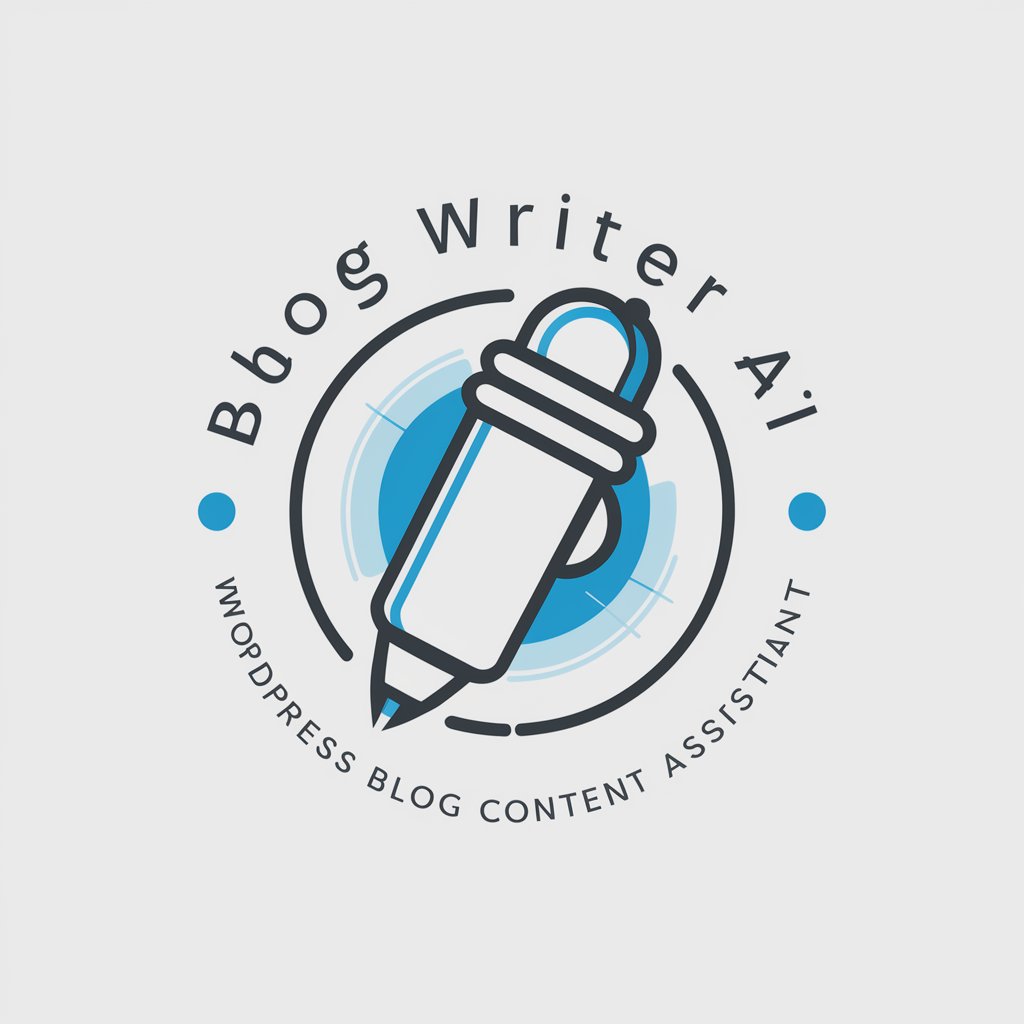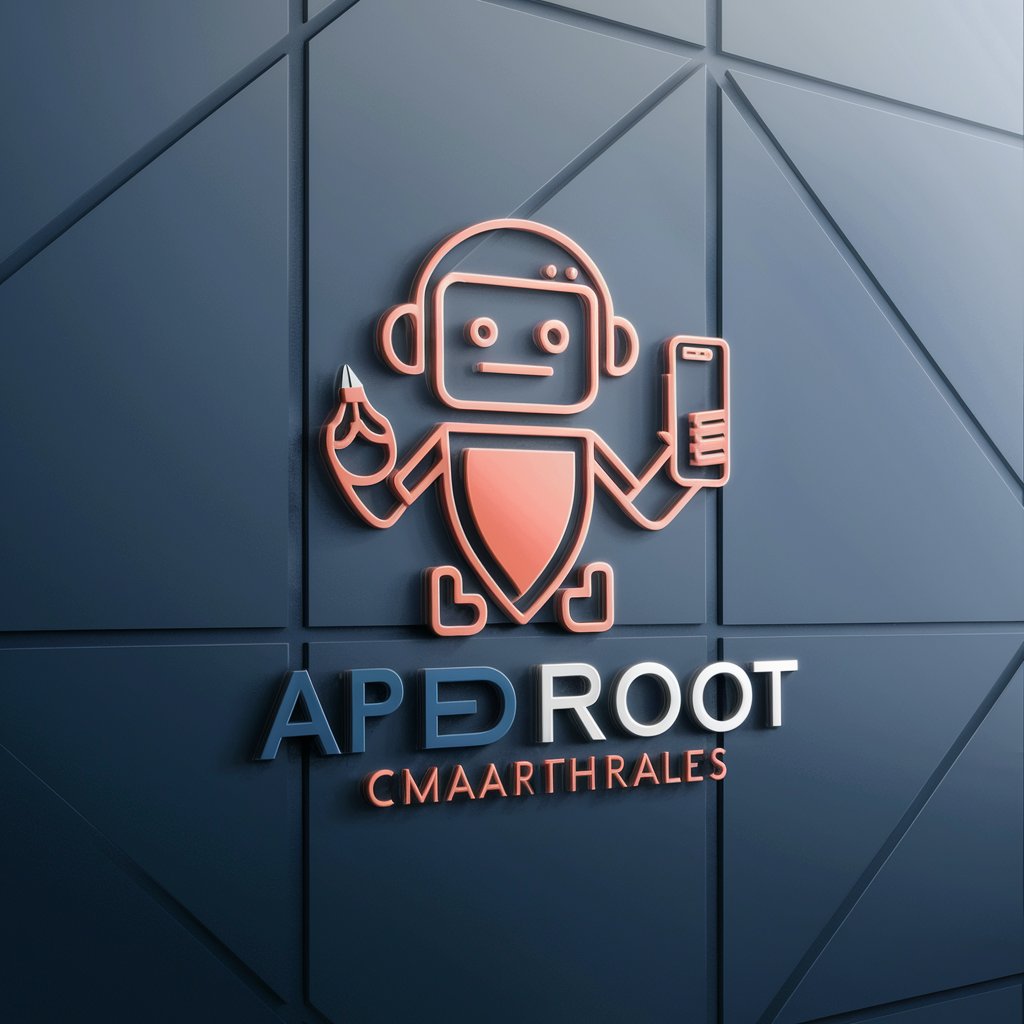13 GPTs for Educational Writing Powered by AI for Free of 2025
AI GPTs for Educational Writing refer to the advanced use of Generative Pre-trained Transformers in crafting, analyzing, and enhancing text-based content within the educational sector. These tools leverage AI to understand, generate, and tailor content, making them invaluable for creating educational materials, assisting in learning processes, and facilitating research. Their adaptability to various educational contexts underscores their relevance, providing educators, students, and researchers with customized writing and learning solutions.
Top 10 GPTs for Educational Writing are: Better Blog Post,Canadian Text,专栏作家,Maître Blogueur,ニュースブログ記事生成アシスタント - News Writer Pro,Story AUTHORity Creator,Andrew Darius' Mini Book Writer,LINE 添削,Theology Book Writing Assistant,Article Craft
Better Blog Post
Elevate Your Blogging with AI Power

Canadian Text
Perfecting English with a Canadian Touch

专栏作家
Elevate Your Writing with AI-Driven Expertise

Maître Blogueur
Revolutionize Your Content with AI-Powered Writing

ニュースブログ記事生成アシスタント - News Writer Pro
Empowering Your News Stories with AI

Story AUTHORity Creator
Craft Your Story with AI Power

Andrew Darius' Mini Book Writer
Your AI Partner in Storytelling

LINE 添削
Refine Your Messages with AI

Theology Book Writing Assistant
Simplify theology with AI-powered assistance.

Article Craft
Crafting Your Thoughts into Articles

Blog Writer AI
Empowering your writing with AI.

リード文作成
Craft Captivating Openers with AI

Blog Post Composer
Crafting Intelligent, SEO-Driven Content

Key Attributes of AI GPTs in Education
AI GPTs for Educational Writing boast several distinctive features. They adapt to diverse educational needs, from generating study materials to offering language learning aids. Their technical support extends to data analysis and complex problem-solving, while web searching capabilities enrich research tasks. Image creation features support visual learning, and the tools' flexibility allows for both simple and complex educational applications.
Who Benefits from Educational AI Tools
The primary users of AI GPTs for Educational Writing include educators seeking innovative teaching materials, students in need of personalized learning aids, and researchers requiring advanced analysis tools. These AI solutions are designed for accessibility, requiring no coding knowledge for basic use, yet offer extensive customization for tech-savvy individuals, making them versatile for a broad audience in the educational sphere.
Try Our other AI GPTs tools for Free
Skill Articulation
Discover how AI GPTs for Skill Articulation can transform learning and professional development with tailored solutions for skill enhancement.
AI Demonstration
Explore AI GPTs for demonstrations, a versatile tool designed for showcasing AI capabilities, suitable for learners and professionals alike.
Team Optimization
Explore how AI GPTs for Team Optimization can transform your teamwork and collaboration, leveraging advanced AI to automate tasks, enhance communication, and drive efficiency.
Messaging Strategies
Discover how AI GPTs revolutionize messaging strategies with tailored, intelligent solutions designed to enhance engagement and optimize communication effectiveness.
First Date Planning
Discover how AI GPTs revolutionize First Date Planning with personalized, innovative solutions for unforgettable experiences. Tailored suggestions, easy-to-use interfaces, and comprehensive planning capabilities at your fingertips.
Existential Pondering
Explore the depths of existential thought with AI GPT tools designed for philosophical inquiry. Engage with complex questions about existence, consciousness, and reality in a nuanced conversation powered by advanced AI.
Expanding Horizons with AI in Education
AI GPTs in the educational sector offer more than just writing assistance; they provide a comprehensive suite of tools designed for interactive learning, content customization, and research enhancement. Their integration with existing educational systems and user-friendly interfaces make them a pivotal addition to modern educational methodologies, paving the way for a more interactive and personalized learning experience.
Frequently Asked Questions
What exactly are AI GPTs for Educational Writing?
AI GPTs for Educational Writing are specialized AI tools designed to assist in the creation, analysis, and customization of educational content, leveraging the capabilities of Generative Pre-trained Transformers.
How can these tools aid in educational tasks?
These tools can generate study materials, provide language learning support, enhance research with web search capabilities, and assist in data analysis and problem-solving, among other educational functions.
Are AI GPT tools suitable for beginners?
Yes, these tools are designed with user-friendly interfaces that require no prior coding knowledge, making them accessible to beginners.
Can developers customize these AI GPT tools?
Yes, developers can leverage their programming skills to customize these tools for more specific or advanced educational applications.
What makes AI GPTs different from other educational tools?
AI GPTs are distinguished by their adaptability, AI-driven content generation, and ability to offer tailored educational solutions across various subjects and complexity levels.
Can these tools assist in language learning?
Absolutely, AI GPTs for Educational Writing can be tailored to support language learning, offering practice exercises, grammar assistance, and language comprehension tools.
How do these tools support educational research?
They enhance research by providing extensive web searching capabilities, summarizing research materials, and analyzing data, thereby facilitating a more efficient research process.
Are there any limitations to using AI GPTs in education?
While AI GPTs offer extensive benefits, they should be used as a supplement to traditional educational methods rather than a replacement, and users should be mindful of the need for critical evaluation and ethical considerations in AI-generated content.